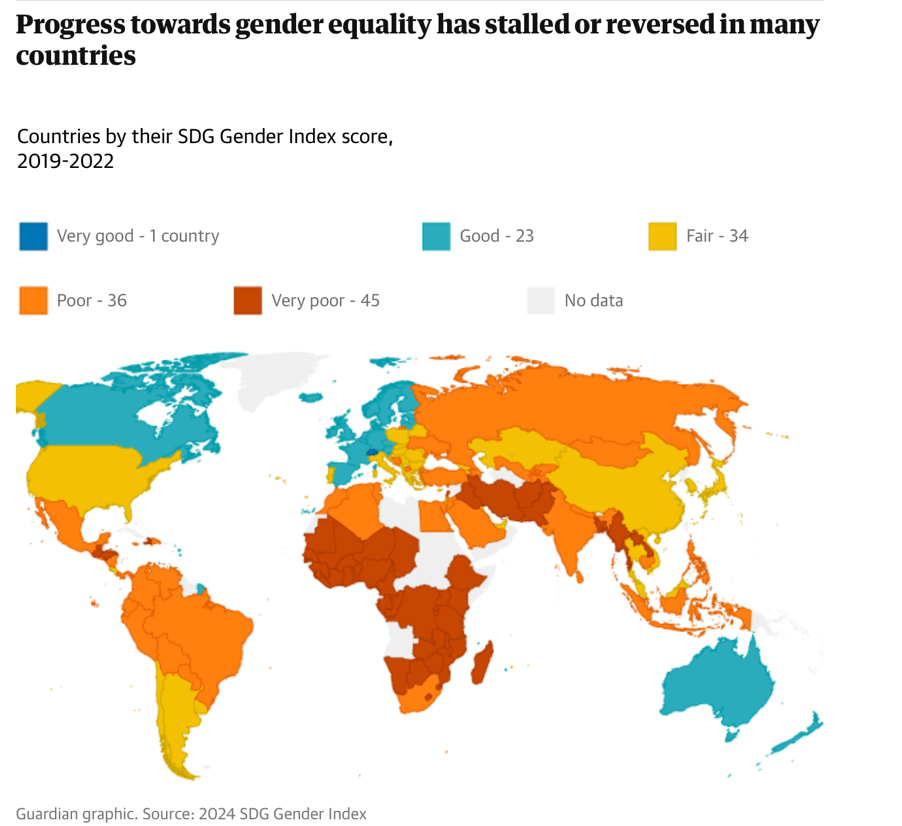An Heir to Nehru’s India
- UN House Scotland

- Oct 13, 2017
- 3 min read

Dr. Shashi Tharoor and Atishay Mathur (with Nehru’s Biography)on October 3rd
A day after the lecture on the ‘inglorious empire’ at the glorious McEwan Hall at the University of Edinburgh, Dr. Shashi Tharoor participated with University academics and students in a workshop on the state of democracy in India today. “An heir to Nehru’s India” is how Dr. Tharoor addressed me at the end of the workshop. It was a rather telling statement, not least because of the biography of Nehru under my arm, but because of the Nehruvian flavour of the workshop we had both just attended.
In December 1927, when Nehru (a product of Harrow and Cambridge) returned to colonial India, after nearly two years of international travel, he didn’t return alone. Along with Nehru came a set of ideas that were yet to shake and shape the very idea of India. Over these years, he joined the intellectual ranks of Europe, rubbing shoulders with Labourites Fenner Brockway and George Lansbury, British Communist Harry Pollitt, German-born Albert Einstein, the French Romain Rolland, and the Chinese Soong Ching-ling. One could’ve, perhaps, told by just looking at the sole of his left shoe which direction young Nehru was leaning in.
Gandhi found this British-educated, elitist mindset of Nehru, far removed from ground realities. Often, he urged Nehru to test ideas on the ground – by gauging if they caught the imagination of the masses. More importantly, if they mobilised them. This distance between Nehru’s ideological-mindset and the Gandhi’s mass-mobilisation is intriguing, and this distance is perhaps, what one may call ‘privilege’. Fortunately, for Nehru, Gandhi was his voice of reason – showing him this gaping divide.
At our workshop, from the word go, it too was a debate of ideas, ideals, and ideologies. Once the Chatham House rule was announced, what followed was an honest, fiercely uninhibited, and academically stimulating clash of ideas. Often, fueled by an intellectual fascination for the subject matter – and intellectual fascination alone – issues around secularism and caste were raised. This far removed (and purely intellectual) sense of attachment with the subject matter too was perhaps, what one may call ‘privilege’. After all, we were discussing Slavoj Zizek’s idea of disintegrating public morality, Tharoor’s own idea of alternative governance structures, even reimagined India’s Left in a ‘New Labour-esque’ fashion – all with the calculated fervour of a University debating society. We were all Nehrus in Europe, albeit 90 years later.
To be able to step out of a circumstance and objectively engage with it is privilege – be it colonial rule in the 20th century, or the state of democracy in the 21st. As long as one is aware of being cradled by the comforting embrace of privilege, an ideological debate can be incredibly constructive. However, being oblivious to it would not only be futile (in the armchair critic kind of way) but could also be dangerously disruptive. Dr. Tharoor was right when he addressed me at the end of the workshop. We were, indeed, privileged heirs to Nehru’s India. Perhaps quite like Gandhi to Nehru, this was his way of showing us the mirror.
All Nehruvian references in this post have been borrowed from Dr. Tharoor’s biography of Jawaharlal Nehru, titled ‘Nehru: The Invention of India’.
Atishay Mathur is a TEDx Speaker and works on Governance and Impact Assessment at the United Nations House in Scotland. He is a member of the Cross Party Group on International Development at the Scottish Parliament and the Sustainable Development Goals Network in Scotland.










Comments